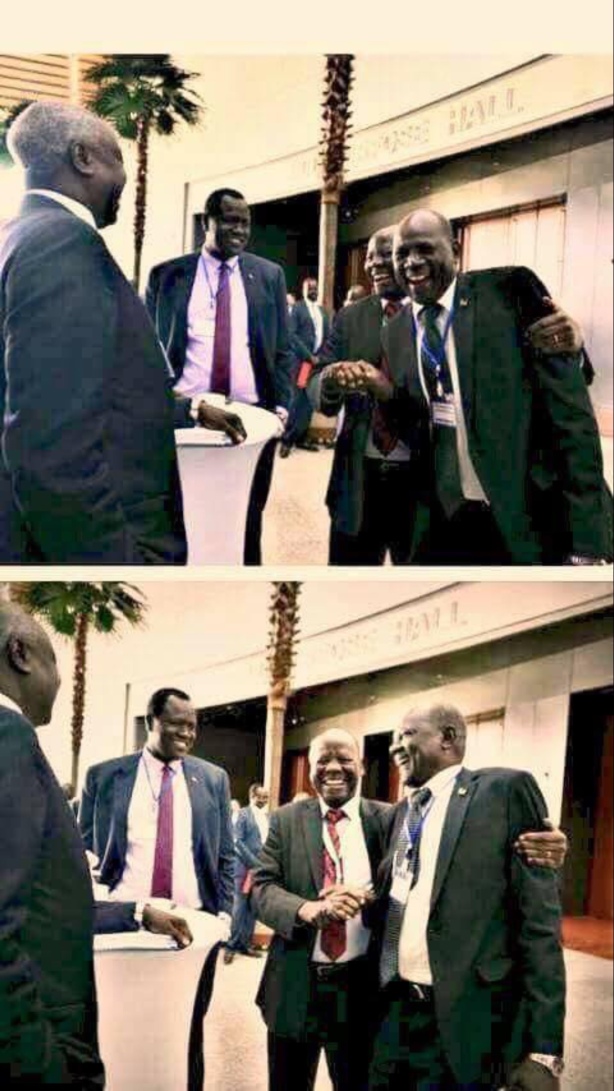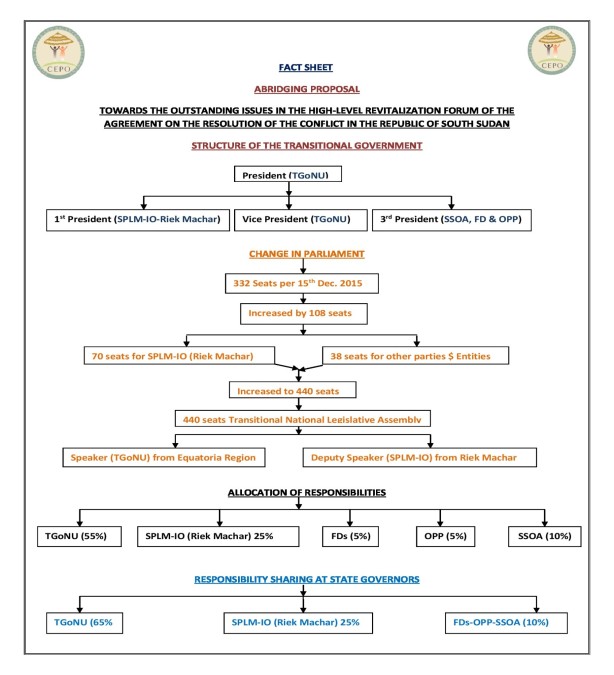“Committing mistakes is something human and sometimes inevitable. However, not learning from mistakes may suggest that something is fundamentally amiss because it subjects the individual, group, country or society to perpetually commit the same mistakes”~Dr. Peter A. Nyaba
By Bol Khan, Nairobi, Kenya

Wednesday, May 30, 2018 (PW) — What is IGAD’s imperative priority on South Sudan’s tedious peace revitalization process? Is IGAD aiming to bring about a peace accord that saves the lives of suffering ordinary people of South Sudan or a shaky peace deal that serves only the politicians’ interests?
The HLRF’s Phase II that recently ended in Addis Ababa, Ethiopia, without a signed deal was supposed to be the last round of South Sudan’s Peace talks. Ahead of time, the public leaked it that in case the delegates fail to reach a comprehensive deal by themselves until 21th of May 2018, then IGAD would be coming up with a neutral and moderate proposal to narrow the gaps between the parties.
This was what in the mind of every South Sudanese citizen. However, unexpectedly, when the IGAD’s “Bridging Proposal” was out, circulated everybody was dumfounded including the author. I surprised and bewildered because the proposal squarely appeared as if South Sudanese’s politicians drafted it themselves, in their own interests.




